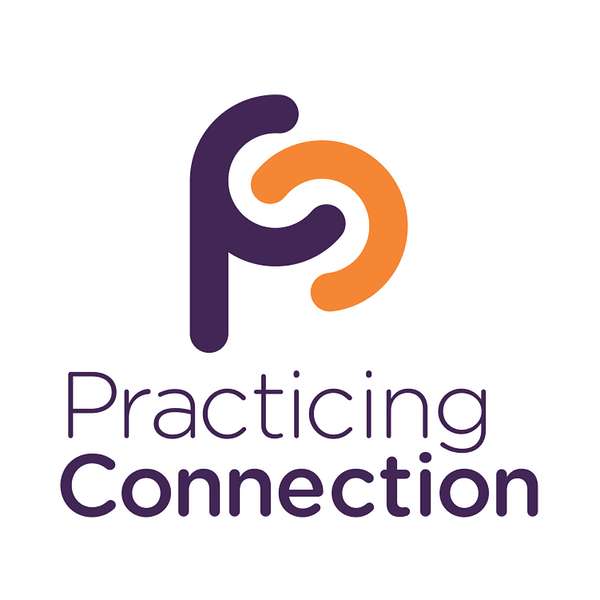
Practicing Connection
Improve your resilience and readiness in a rapidly changing world.
Jessica Beckendorf and Bob Bertsch host this exploration of personal and collective practices that empower us to work together to help each other, our families, and our communities improve our resilience and readiness.
Practicing Connection
Grounding Yourself in Your Strengths and Values
Use Left/Right to seek, Home/End to jump to start or end. Hold shift to jump forward or backward.
In this episode (Season 4, Episode 3), co-hosts Jessica Beckendorf and Bob Bertsch talk grounding yourself in your strengths and values - one of the eight ways of cultivating community resilience that we identified in their “Connecting Communities in Asset-based Community Recovery” project.
"Connecting Communities in Asset-based Community Recovery" is a collection of resources developed during the COVID-19 pandemic. The pandemic presented some really difficult challenges, but it also revealed some opportunities for building better systems and communities.
